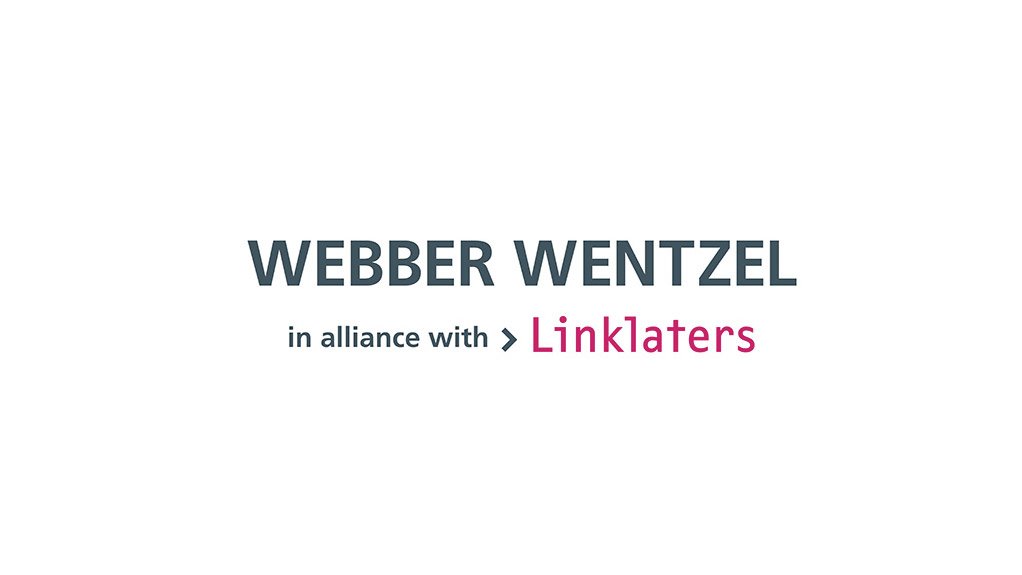Whistleblowing is widely regarded as a critical tool for promoting transparency and accountability in organisations. It allows individuals to report unethical behaviour or misconduct without fear of retaliation. However, false and malicious whistleblowing has emerged as a significant issue in South Africa, raising concerns over the misuse of this protective mechanism.
Understanding whistleblowing
Whistleblowing involves reporting illegal, unethical, or harmful activities within an organisation. In South Africa, the Protected Disclosures Act 26 of 2000 (PDA) provides legal protection for whistleblowers, encouraging individuals to come forward with information that can help combat corruption and misconduct. A whistleblowing report is also known as a Protected Disclosure under the PDA. To be protected under the PDA, a disclosure must contain information about specific improprieties listed in the PDA and must be made to the right person. Whether the disclosure is legally protected or not depends upon whether it is made according to a substantively correct procedure, not for purposes of personal gain, without committing a criminal offence, in good faith, and reasonably believed by the whistle-blower to be true. However, a disclosure is not protected if it fulfils an existing duty of the employee. For example, an auditor cannot claim rights under the PDA for making observations in the fulfilment of the normal audit scope of work.
What should be emphasised is that not all disclosures amount to protected disclosures and this distinction becomes important when employees misconstrue a grievance or personal vendetta as a protected disclosure. When whistleblowing procedures are misused for these purposes the noble intention behind the obligations and protections afforded in terms of the PDA is undermined.
Many employers will have dealt with an employee seeking to avoid or delay the initiation of an employment process such as a poor performance enquiry or disciplinary hearing by swiftly lodging an alleged protected disclosure in response. This is done in an attempt to invoke the special protections afforded to whistleblowers such as protection from occupational detriment, which includes dismissals relating to a protected disclosure. Another common example of the misuse of whistleblowing channels is the genuine ignorance around the types of misconduct or wrongdoing that amount to a whistleblowing event versus everyday garden variety misconduct or workplace dissatisfaction.
False and malicious whistleblowing can have serious consequences for organisations and individuals alike. Allegations made with malicious intent can damage reputations, disrupt operations, and lead to financial losses. In some cases, innocent employees may face disciplinary actions or job loss due to unfounded claims. The psychological toll on individuals falsely accused of wrongdoing can be profound, leading to stress, anxiety, and a toxic workplace environment. The negative implications of such false or malicious disclosures necessitated the amendment of the PDA in 2017 with the introduction of section 9B. These provisions state that an employee or worker commits an offence if they intentionally make a false disclosure, knowing the information is false or if they should have reasonably known it was false, and if they intended to harm the affected person who then suffered as a result. If found guilty, the employee or worker could face a fine, up to two years in prison, or both.
What an employer can do to address these challenges
To address the challenges posed by malicious whistleblowing, organisations in South Africa are increasingly implementing measures to mitigate risks. This includes conducting comprehensive investigations into allegations before taking action. A fair process can help distinguish between genuine and false claims.
Striking a balance between protection and accountability is key to maintaining the integrity of whistleblowing. Where the identity of an employee who lodged a malicious report can be found, the employee could be called to face charges of dishonesty and misuse of the whistleblowing system, with an ultimate sanction of possible dismissal.
However, prevention is the best medicine in circumstances where investigations require time and resources that may be better allocated to genuine disclosures of corruption. To help deter system abuses, employers should educate employees about the whistleblowing process, including the importance of truthfulness and the potential consequences of false reporting. In addition, organisations should revisit their whistleblower protection policies to ensure they include provisions dealing with false allegations, ensuring that individuals who make knowingly false claims face consequences.
These policies should also set out reporting criteria that need to be met when a disclosure is made, possibly in prescribed forms, that effectively sifts out reports that do not fall within the genuine parameters of protected disclosures. Sufficient information detailing the circumstances in which whistleblowing is appropriate should be included in such policies and employers should ensure that training and awareness campaigns entrench education around the process.
False whistleblowing presents a complex challenge in South Africa, where the need for transparency and accountability is paramount. While the legal protections for whistleblowers are essential, it is equally important to address the misuse of these protections. By fostering a culture of honesty, implementing robust investigative processes, and revising existing laws, South Africa can work towards a more effective whistleblowing framework that serves the interests of justice and integrity.
Written by Dhevarsha Ramjettan, Partner & Mbali Nkosi, Senior Associate from Webber Wentzel
EMAIL THIS ARTICLE SAVE THIS ARTICLE ARTICLE ENQUIRY FEEDBACK
To subscribe email subscriptions@creamermedia.co.za or click here
To advertise email advertising@creamermedia.co.za or click here











